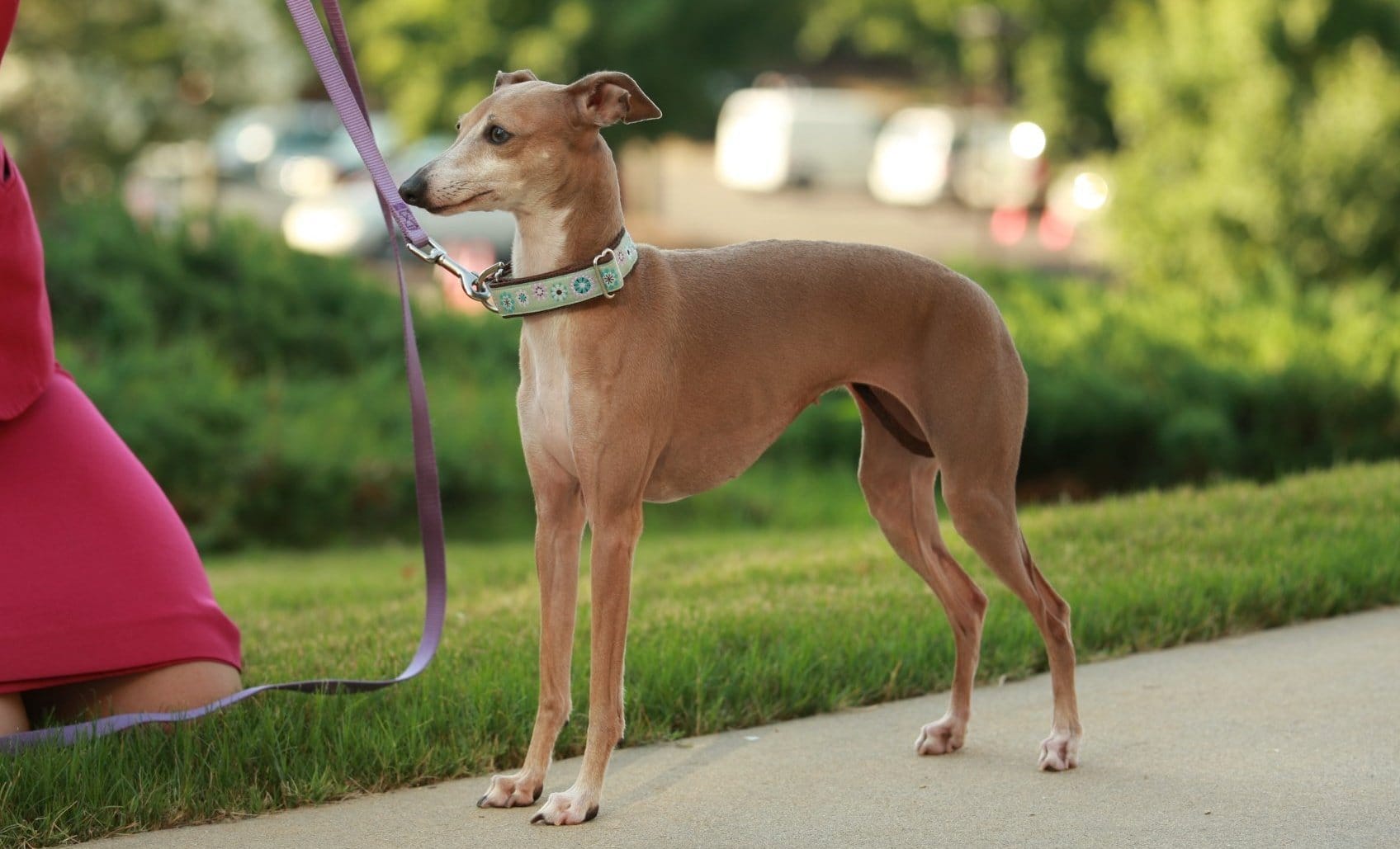Beyond the Finish Line: How Long Do Greyhounds Live?
It might surprise you to learn that greyhounds, those sleek athletes of the canine world, often enjoy a lifespan comparable to their non-racing counterparts. While their time on the track might be short, their potential for a long, fulfilling life off the track is substantial. So, if you’re wondering, “Do greyhounds have a shorter lifespan because of racing?” – the answer is more nuanced than a simple yes or no.
Let’s dive into the factors that influence greyhound life expectancy, dispel some common myths, and uncover the secrets to giving these gentle giants the best chance at a long and healthy life.
Decoding the Greyhound Lifespan: It’s Not Just About the Years
Greyhounds typically live for 10 to 14 years, a range that aligns with many other dog breeds not involved in racing. While a decade may mark senior status for a Greyhound, these gentle athletes often enjoy active lives well into their teens with proper care.
Here’s the thing: a greyhound’s time on the racetrack doesn’t necessarily dictate a shorter lifespan. While some may worry that the physical demands of racing could lead to a shorter life, factors like genetics and lifestyle play a much larger role in determining how long a greyhound lives.
Think of it this way: just like humans, greyhounds are individuals. Some might be prone to certain health conditions due to their genes, while others might be more susceptible to injuries based on their racing history. And just like us, a healthy lifestyle – think balanced diet and regular exercise – can significantly impact a greyhound’s overall health and longevity.
Is 10 Old for a Greyhound? Understanding Your Senior Speedster
So, your greyhound is turning ten? Congratulations on reaching this milestone! While a 10-year-old Greyhound is considered a senior dog, reaching this age doesn’t mean their life is slowing down considerably. Many greyhounds thrive well beyond the average lifespan, especially with a little extra TLC from their devoted humans.
Contrary to popular belief, Greyhounds aren’t prone to excessive genetic health issues. This contributes to their average lifespan of 9-13 years, with some exceeding expectations. However, just like any aging athlete, they might need some extra support to keep them feeling their best.
Here are a few things to keep in mind as your greyhound enters their golden years:
- Recognize the Subtle Signs of Aging: Look for subtle shifts in energy levels, potential joint stiffness, changes in appetite, or increased thirst. Early detection allows for proactive care and can significantly impact your greyhound’s quality of life.
- Schedule Regular Vet Check-Ups: Just like us, greyhounds benefit from routine check-ups. Your vet can monitor their overall health, catch any potential issues early on, and recommend adjustments to their care plan as needed.
- Provide Joint Support: Arthritis is common in senior greyhounds. Supplements, orthopedic beds, and gentle massage can help alleviate discomfort and keep them mobile.
- Adapt Exercise Routines: While greyhounds love to run, their exercise needs change as they age. Shorter walks, swimming, and gentle play sessions can keep them active without overexerting their aging joints.
- Mental Enrichment is Key: Keep their minds sharp with puzzle toys, scent work, and gentle training exercises. Mental stimulation is crucial for overall well-being, even in senior dogs.
- Diet Adjustments May Be Necessary: Talk to your vet about switching to a senior-specific dog food. These formulas often contain adjusted levels of nutrients to support aging joints, maintain a healthy weight, and address the changing needs of a senior dog.
Unveiling the Silent Killers: Top Causes of Death in Greyhounds
While greyhounds are generally healthy, understanding the leading causes of death in the breed can help owners provide the best possible care and potentially extend their furry friend’s lives.
Sadly, as with many breeds, cancer has overtaken racing injuries as the leading cause of death in retired racing greyhounds, accounting for 21.5% of fatalities, according to a study by the Royal Veterinary College. Recognizing the signs of cancer and ensuring regular checkups can make a significant difference in early detection and treatment options.
Perhaps surprisingly, ‘collapse,’ a broad term rather than a specific disease, claims the lives of 14.3% of greyhounds. This highlights a crucial area where further research is needed to understand the underlying causes. While “collapse” can be attributed to various factors, some experts suspect underlying cardiac or neurological conditions might play a role.
Another common misconception is that dental disease, while highly prevalent in Greyhounds, impacting 39% of the breed, is a leading cause of death. It’s crucial to note that it’s not a direct leading cause of death. However, neglecting dental hygiene can contribute to other health issues if left untreated. Regular dental care, including brushing and professional cleanings, can prevent painful infections, tooth loss, and potentially more serious health complications.
Here’s a further breakdown of the leading causes of death in Greyhounds:
- Cancer (21.5%): Specific types of cancer common in the breed require further research and should be addressed in detail in your full article.
- Collapse (14.3%): This generic term necessitates further investigation into potential causes such as cardiac events (like heart attacks) or sudden neurological issues.
- Arthritis (7.8%): While not always directly fatal, severe arthritis can significantly impact a greyhound’s quality of life, leading to mobility issues and other complications. Providing information on managing arthritis in greyhounds is essential for owners.
Beyond the Racetrack: Uncovering Common Greyhound Health Issues
While greyhounds are generally a healthy breed with a longer lifespan (10-14 years) than some other large breeds, they are predisposed to certain health conditions that potential owners should be aware of.
Here’s a closer look at some health concerns common in greyhounds:
- Gastric Dilatation-Volvulus (GDV or Bloat): This life-threatening condition occurs when the stomach twists, trapping gas and food. Recognizing the signs of bloat and seeking immediate veterinary care is crucial.
- Musculoskeletal Problems:
- Arthritis: Given their athleticism, arthritis is common, especially in older greyhounds.
- Ligament Injuries: Their lean build can make them more susceptible to ligament injuries, especially during strenuous activity.
- Osteosarcoma (Bone Cancer): Sadly, this aggressive form of bone cancer is more common in greyhounds than in some other breeds. Early detection is key to providing the best chance of treatment success.
- Heart Conditions: Certain heart conditions, like dilated cardiomyopathy (DCM), are more prevalent in greyhounds. Regular vet check-ups and early detection are essential.
- Dental Problems: Regular dental care is crucial for greyhounds. Dental disease can lead to pain, tooth loss, and potentially more serious health issues if left untreated.
- Skin Issues: Greyhounds can be prone to certain skin allergies and conditions.
A Holistic Approach to Greyhound Health: Tips for a Longer, Healthier Life
While we can’t control everything, understanding the factors that impact a greyhound’s health and taking a proactive approach to their well-being can make a difference in helping them live a longer, happier life.
Here are some key areas to focus on:
- Nutrition: The Foundation of Health
- Diet is Crucial: Feed your greyhound a balanced, high-quality diet that’s appropriate for their age and activity level.
- Weight Management is Key: Obesity can lead to or worsen various health problems, including heart disease, joint issues, and even certain types of cancer. Keep your greyhound at a healthy weight through portion control and regular exercise.
- Exercise: It’s More Than Just a Zoomie
- Regular Physical Activity: Engage your greyhound in activities they enjoy, like running, playing fetch, or lure coursing. Tailor exercise to their age and fitness level.
- Mental Stimulation Matters: Don’t forget about mental exercise! Puzzle toys, scent work, and training sessions can help keep their minds sharp and prevent boredom.
- Preventative Care: Your Partner in Health
- Veterinary Check-ups: Schedule regular vet visits (at least annually, and more frequently for senior dogs) for check-ups, vaccinations, and parasite prevention.
- Dental Care: Brush your greyhound’s teeth regularly and schedule professional dental cleanings as recommended by your vet.
- Be Observant: Pay close attention to your greyhound’s behavior, appetite, and energy levels. Early detection of any changes can make a significant difference in their health outcomes.
The Greyhound Journey: From Racetrack to Loving Home
While a greyhound’s past on the racetrack might shape part of their story, it doesn’t define their future. By understanding their unique needs – from the potential for bloat to their susceptibility to certain types of cancer – you can provide the care and attention they need to thrive in their forever homes.
[Looking to explore the incredible wildlife of Africa? Look no further than the lion’s den gorge, home to a diverse range of species. Or for a unique encounter, head to the lord derby eland, where you’ll find a rare and endangered antelope.]
- Unlocking Francis Alexander Shields’ Finance Empire: A Comprehensive Biography - July 12, 2025
- Unveiling Francis Alexander Shields: A Business Legacy - July 12, 2025
- Francis Alexander Shields’ Business Career: A Comprehensive Overview - July 12, 2025
















1 thought on “Beyond the Racetrack: Uncovering the Truth About Greyhound Life Expectancy”
Comments are closed.